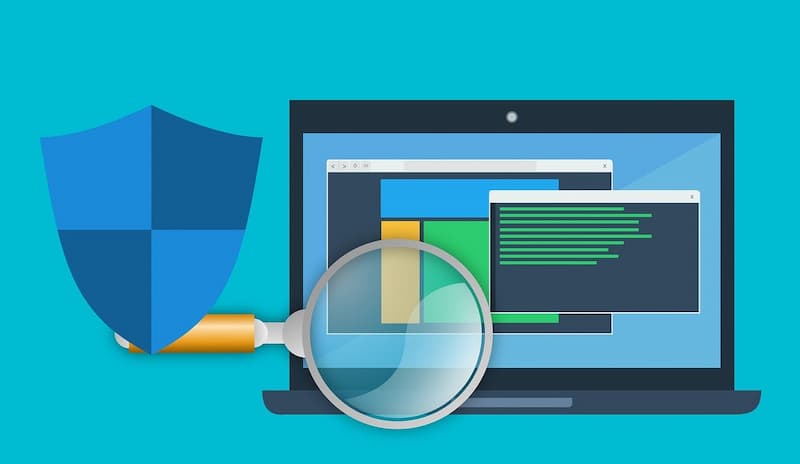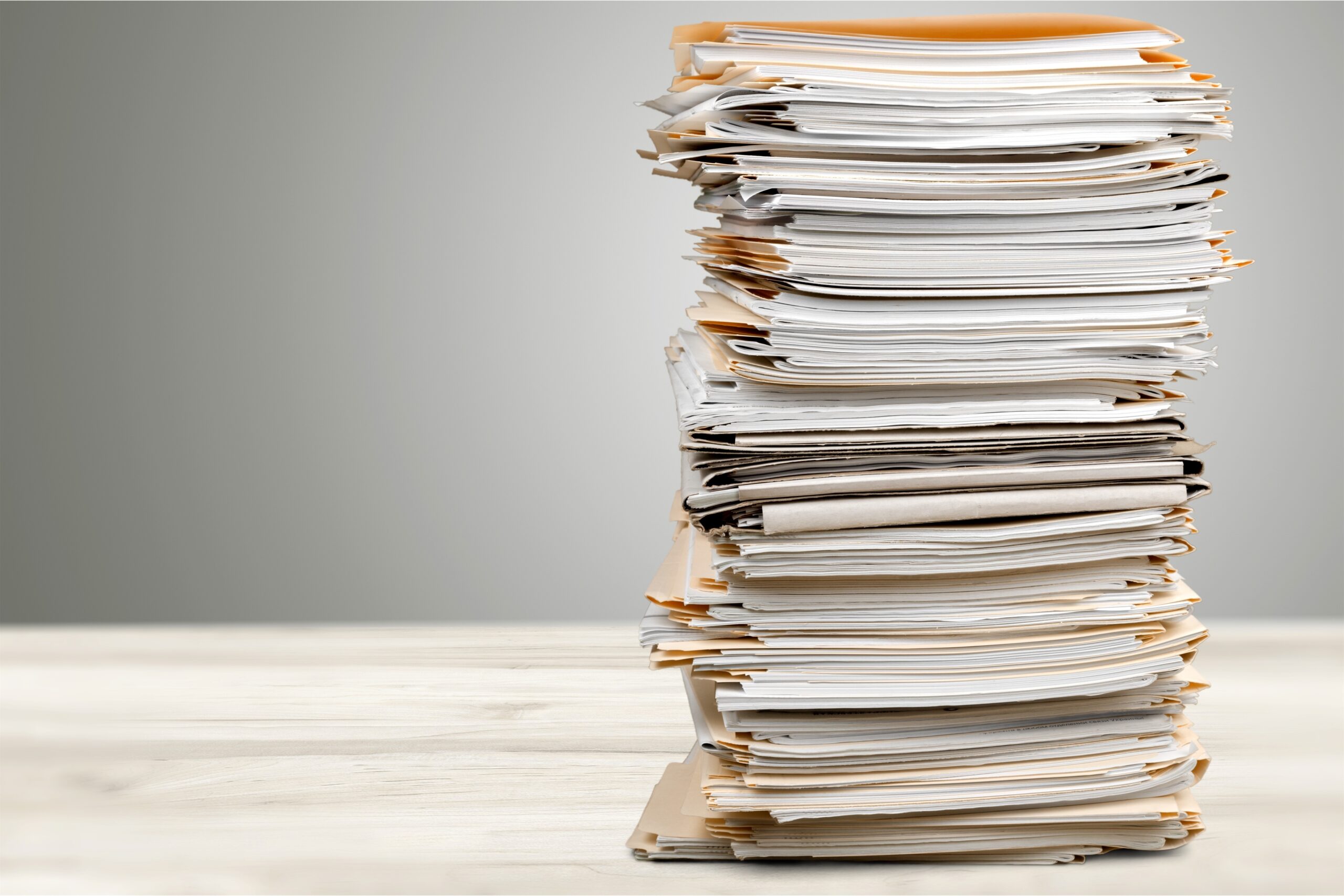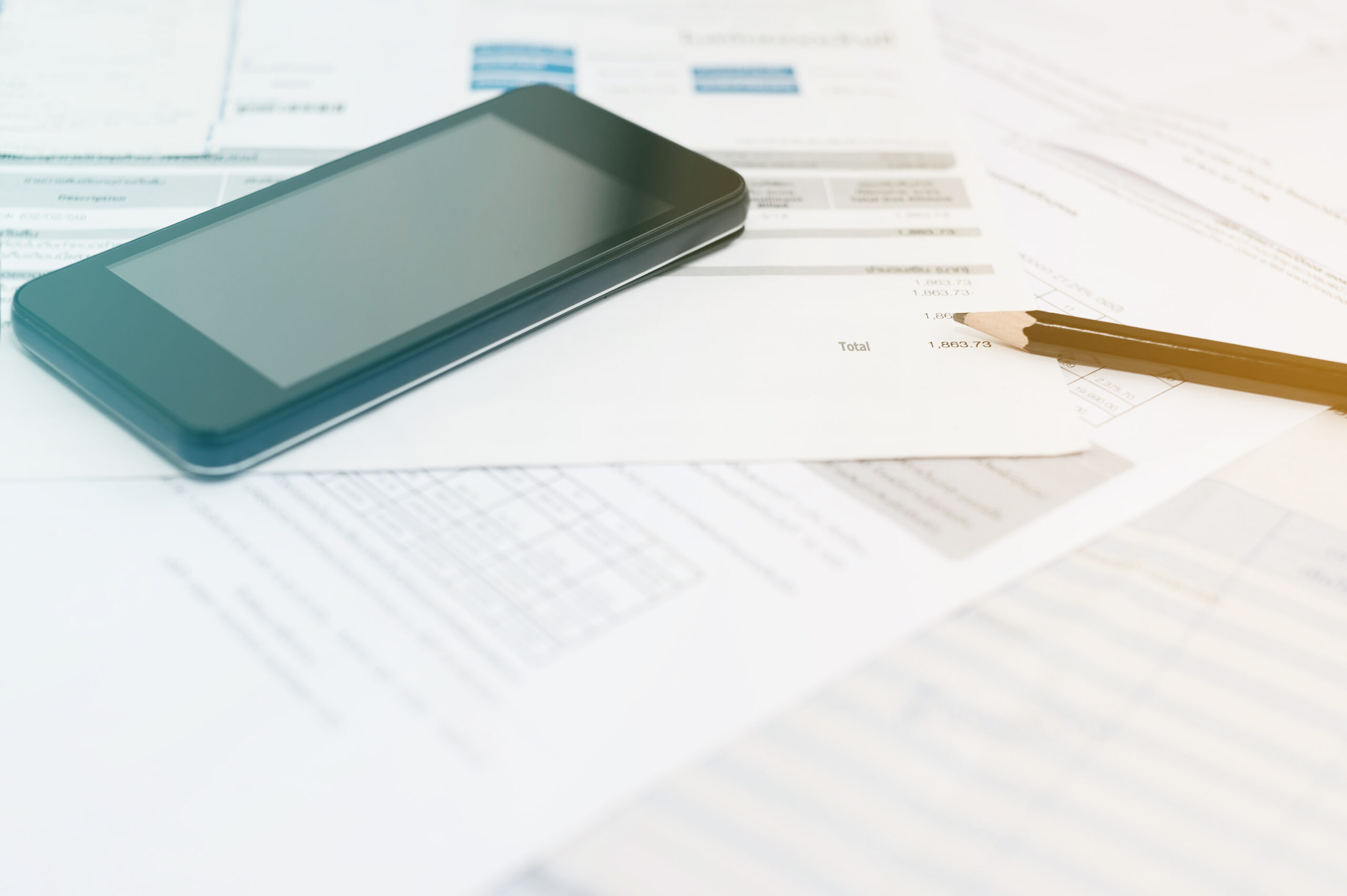What Are Echeck Payments, and What Can They Offer Your Customers?
March 14, 2024

Echecks combine convenience, security, and affordability, providing customers with an easy way to pay for goods and services. Since the US government issued the first echecks in 1998, they’ve become a widespread form of online payment. This reflects their acceptance and utility in digital transactions.
Learn the ins and outs of echeck payments: how they work, why they’re useful, and how to offer them to your customers.
What Is an Echeck Payment?
An electronic check, or echeck, is a digital payment method similar to a paper check. It offers a simple way to send payments with a record for bookkeeping and proof of payment.
The Automated Clearing House (ACH) system facilitates echeck payments through electronic funds transfer and provides safe, regulated infrastructure for money transfers between consumer and business bank accounts. If you’ve ever paid employees via direct deposit, used automatic bill payments, or received a tax refund directly into your bank account, you’ve interacted with the ACH.
Since these digital checks are processed electronically, they settle faster and at a lower cost than paper checks. Thanks to modern technology, echecks boast more advanced security features than traditional checks, including authentication, encryption, and digital signatures. This helps prevent fraud and keeps data safe.
How Do Echecks Work?
Processing an echeck involves four basic steps:
- Customer authorization: To accept an electronic check payment, obtain authorization from the customer for the exact amount of the product or service. This often involves an online form, but a signed order form or recorded phone call can suffice.
- Setup: Collect the customer’s payment details, which match those on a paper check: customer or company name, bank account number, bank account type (checking or savings), routing number, payment amount, and for recurring payments, the schedule.
- Initiation: After gathering payment details, submit them to your payment processor or enter them into your echeck payment processing software. The payment details will be sent to the ACH to initiate the transfer of funds.
- Receipt of funds: If you enter all details correctly and the customer has sufficient funds in their bank account, the customer’s financial institution should approve the payment within 24 to 48 hours and deposit it to your account within 3 to 5 business days.
Be sure to verify your customer’s banking information and note payment terms to avoid processing delays.
Echecks vs Other Digital Payment Methods: Key Differences

Unique features set echecks apart from other types of digital payments.
Wire transfers are similar to echecks but have some critical differences. In particular, wire transfers process faster than echecks—usually within 24 hours. However, echecks are cheaper and more convenient, requiring less personal and banking information from the sender and recipient. Wire transfers are best suited for large international transactions that require quick processing.
Online payments by credit or debit card offer a convenient way to pay, but higher fees ranging from 1.5–3.5% present a drawback. Online wallets are convenient but don’t interface with bank accounts directly, and they also incur higher fees.
Finally, peer-to-peer payment services like Venmo are fast and cost-effective but lack some key merchant services. This is because they’re primarily designed for sending money between family and friends.
How To Accept Echeck Payments
To accept echeck payments, choose an echeck payment processor. These processors streamline accepting echecks by managing payment details and submitting transactions to the ACH. This enables you to accept echeck payments with minimal overhead.
Here are important criteria to determine the best payment processor for your needs:
- Pricing: While echecks offer a cost-effective online payment option, rates and fees vary by provider. The costs usually involve a monthly service fee and transaction percentage. Even small variations in transaction fees can significantly impact expenses for high-volume businesses.
- Reputation: Opt for companies known for reliability and avoid those with numerous complaints or disputes.
- Security: Select a payment processor with up-to-date security practices and no history of data breaches to protect customer funds and data.
- Integration options: Choose payment processors that easily integrate with your existing software tools to add echecks to your payment options.
How Safe Are Echecks?

Echecks harness the power of modern technology to provide robust security and fraud protection. They’re also intrinsically more secure than paper checks because they can’t be stolen or lost on the way to their destination.
Because they’re digital, echecks benefit from advanced encryption techniques to hide private personal and financial information from prying eyes. Furthermore, because they primarily use bank account and routing numbers, which are less vulnerable than credit card details, echecks offer a more secure payment method.
Echecks minimize transaction risks by requiring verification before processing and enable payment reversal in case of accidental payments or fraud. Finally, because echecks leave a digital paper trail, they offer a high degree of transparency, which increases trust and establishes accountability if a dispute arises.
What Are the Advantages of Echecks?
Echecks offer several advantages over paper checks and other types of online payments:
- Convenience: Echeck payments are a more convenient option than paper checks since they can be initiated from anywhere with an internet connection—no need for a trip to the bank or post office.
- Cost savings: Because they utilize the cost-effective ACH network, echecks are cheaper than many online payment options like credit cards or wire transfers.
- Reliability: Strict regulations for echeck payments ensure trust in successful processing and fair, prompt handling of mistakes.
- Security: Sophisticated cryptography, a digital paper trail, and reversible transactions provide a high level of security and fraud protection.
- Efficiency: Bank account details change less often, reducing the need to regularly update this data. Additionally, tracking invoices and payments is simplified by the traceable records echeck payments leave behind.
- Sustainability: Because echeck payments are processed entirely online, they have a smaller carbon footprint than traditional paper checks.
What Are the Disadvantages of Echecks?

No payment method fits all situations, so echecks are better suited for some businesses than others. Some potential drawbacks of echeck payments include:
- Speed: echecks are fast enough for many business sectors and ideal for recurring payments. However, if time is of the essence, faster payment forms are a better option.
- Processing delays: Inaccurate or incorrectly formatted information causes echeck payment delays or rejection. Mitigate these issues with quality software and a reliable payment provider.
- User familiarity: Customers unfamiliar with echecks may avoid the option if you offer a variety of ways to pay, sticking with what’s comfortable.
FAQs
- What are the best uses for echeck payments? These payments are ideal for subscription-based services thanks to easy recurring payment setup. Also, non-profits and businesses that conduct large transactions benefit from low fees.
- Can echecks be processed on weekends? Echecks typically can’t be processed on weekends because they require bank verification.
- Can an echeck bounce? Payments can bounce just like paper checks if there are insufficient funds. Minimize this risk by choosing a payment processor that offers verification services.
- Are there transaction limits on echecks? There are often transaction limits to prevent fraud and comply with regulatory requirements and industry standards. Limits vary depending on your echeck payment processor.
Offer Your Clients Simple Ways To Pay
Give your customers a seamless payment experience by credit card, debit card, PayPal, Venmo (US only), and even QR code for printed invoices.












